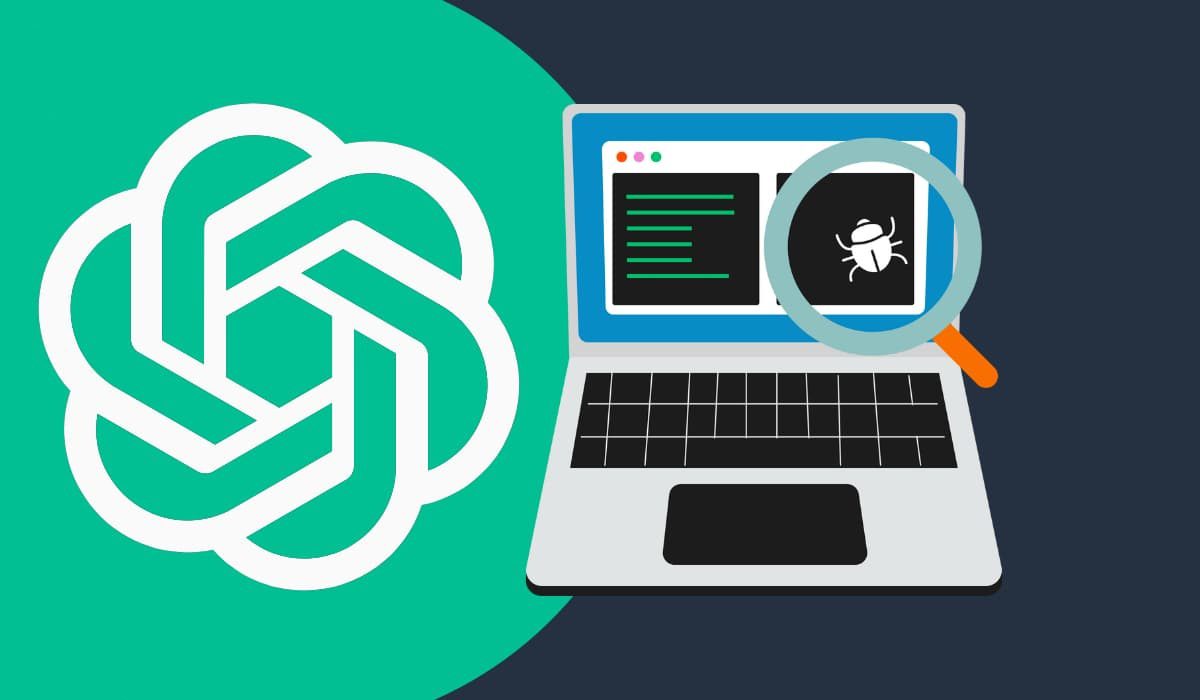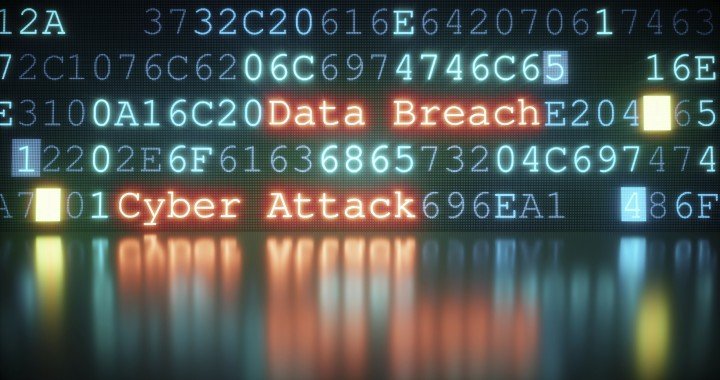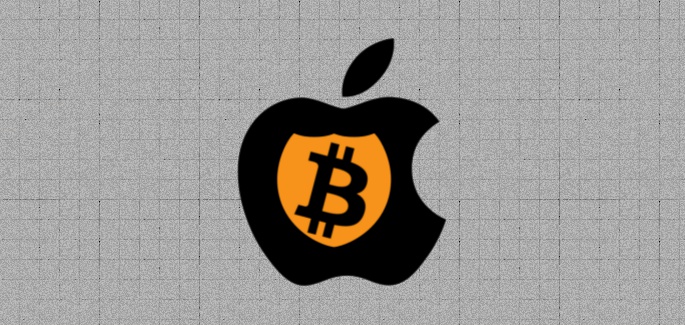OpenAI has partnered with Bugcrowd, a renowned crowdsourced cybersecurity platform, to launch the highly anticipated ChatGPT Bug Bounty Program.
OpenAI, the renowned artificial intelligence (AI) research organization, has introduced a “Bug Bounty Program” for its ChatGPT system, calling on the public to help identify and report any security vulnerabilities or other issues.
The initiative aims to leverage the collective expertise of researchers and technology enthusiasts to enhance the security and reliability of ChatGPT.
The launch of the ChatGPT bug bounty program should not be surprising, as cybercriminals have been eager to exploit the platform to conduct cyberattacks, including developing malware, ransomware, and phishing kits.
Under the program, anyone, including both professional researchers and general users, can participate in the ChatGPT bug bounty program and potentially earn cash rewards for their findings. The bounty rewards start at $200 for “low-severity findings” and can go up to an impressive $20,000 for “exceptional discoveries.”
To manage the program, OpenAI has partnered with Bugcrowd, a leading bug bounty platform that specializes in handling submissions and payouts. Here’s what OpenAI wants the good guys to delve into:
Notably, OpenAI is not the first tech giant to implement a bug bounty program. Currently, Sony, Google, Apple and several other firms have been offering big bucks as part of bug bounty programs.
More Context
- 6 of the Best Crypto Bug Bounty Programs
- Sony Announces PlayStation Bug Bounty Program
- Hack the Pentagon 3.0 Bug Bounty Program Is Back
- Apple Bug bounty: Earn big backs for hacking iPhone
- Google Bug Bounty Program for Open-Source Software
ChatGPT has encountered its share of bugs in the past. In a recent incident, the entire system went offline after users reported seeing names of conversations they were not part of. Furthermore, the company acknowledged a security breach in which payment details of ChatGPT Plus subscribers were exposed to random users.
OpenAI’s ChatGPT bug bounty program does have some limitations. Not all issues reported will warrant cash rewards, and activities such as jailbreaking or attempting to make the model say or do anything negative will not be eligible for rewards. OpenAI acknowledges that while it works diligently to mitigate risks, it cannot predict all possible uses or misuse of its technology in the real world.
With the launch of the Bug Bounty Program, OpenAI aims to demonstrate its commitment to privacy and security while proactively addressing potential vulnerabilities in ChatGPT. As the AI landscape continues to evolve, this initiative may serve as a valuable step towards ensuring the robustness and reliability of AI systems in real-world applications.










